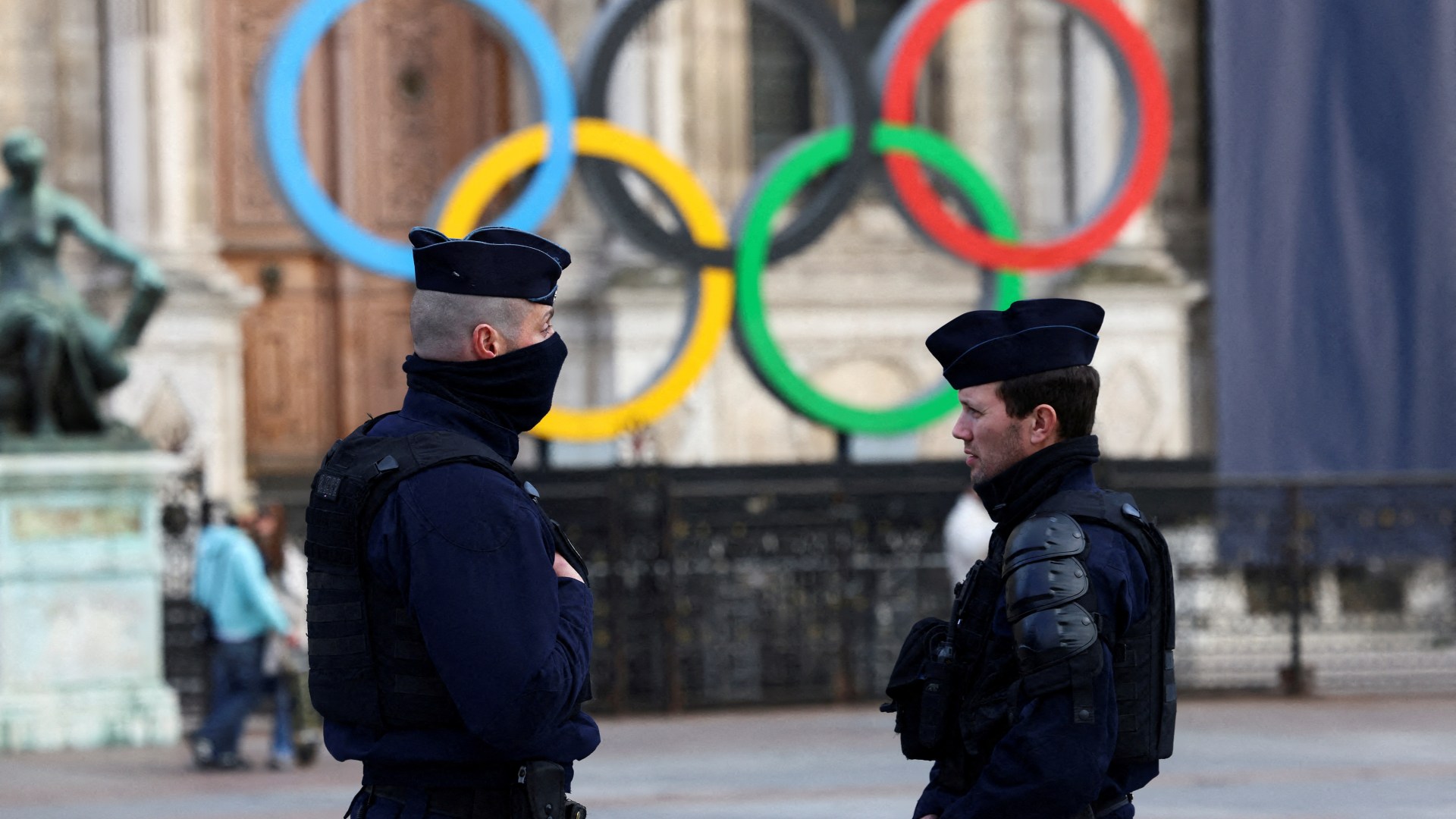New Jersey officials are “reviewing” how former President Donald Trump’s liquor licenses for several golf clubs may be impacted by his recent conviction.
Officials within the New Jersey Attorney General’s Division of Alcoholic Beverage Control are “reviewing the impact of President Trump’s conviction” on his liquor licenses for the Trump National Golf Club in Colts Neck, Lamington Farm Club, and Trump National Golf Club Philadelphia in Pine Hill, a spokesperson from the state’s attorney general’s office confirmed to the Hill.
The spokesperson added that each of the liquor licenses for the former president’s golf clubs are still active.
Under New Jersey law:
No license of any class shall be issued to any person under the age of 18 years or to any person who has been convicted of a crime involving moral turpitude. A beneficiary of a trust who is not otherwise disqualified to hold an interest in a license may qualify regardless of age so long as the trustee of the trust qualifies and the trustee shall hold the beneficiary’s interest in trust until the beneficiary is at least the age of majority.
Each applicant shall submit to the director the applicant’s name, address, fingerprints and written consent for a criminal history background check to be performed. The director is authorized to receive criminal history record information from the State Bureau of Identification in the Division of State Police and the Federal Bureau of Investigation consistent with applicable State and federal laws, rules and regulations. The applicant shall bear the cost for the criminal history background check, including all costs of administering and processing the check. The Division of State Police shall promptly notify the director in the event a current holder of a license of prospective applicant, who was the subject of a criminal history record background check pursuant to this section, is arrested for a crime or offense in this State after the date the background check was performed.
A “crime of moral turpitude” is described as being “any offense that carries the possibility of one year in jail and involves acts of baseness, vileness, or depravity in the private and social duties which a man owes to his fellowmen, or to society in general, contrary to the accepted and customary rule of right and duty between man and man,” according to the website for Proetta, Oliver and Fay, New Jersey attorneys specializing in liquor law.
The New Jersey Alcoholic Beverage Control handbook notes that in “some instances, it may be unclear whether a conviction involves an element of moral turpitude.”
In those situations, a convicted person is able to “petition the Division to render a determination of eligibility as to whether or not the crime does involve an element of moral turpitude.”
Trump was found guilty at the end of May of 34 counts of falsifying business records in the first degree related to payments made to Stormy Daniels during the 2016 presidential election.

